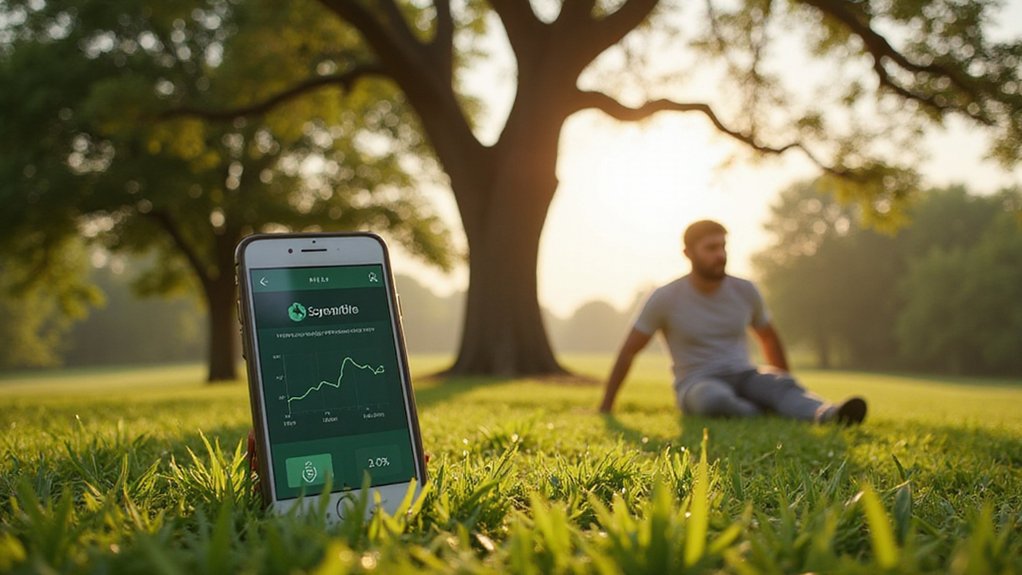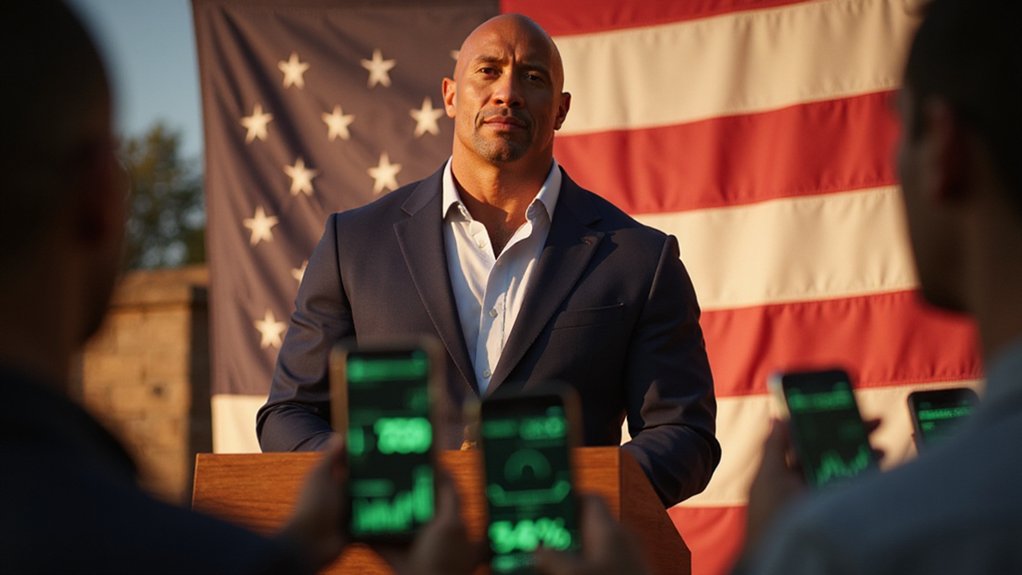While most tech entrepreneurs chase the next billion-dollar unicorn, Jack Dorsey has opted for something considerably more terrestrial: an app that tells users when to go outside and absorb sunlight. The former Twitter CEO’s latest venture, Sun Day, represents either the logical endpoint of Silicon Valley’s wellness obsession or perhaps the most expensive vitamin D reminder system ever developed.
Currently available through TestFlight for iOS users willing to beta-test their way to better health, Sun Day tracks UV exposure and estimates vitamin D synthesis with the precision typically reserved for trading algorithms. The app leverages real-time UV data to calculate safe exposure times based on user-inputted skin types and clothing choices—a decidedly analog approach to what amounts to sophisticated sun math.
The underlying premise addresses a legitimate health concern: vitamin D deficiency affects millions, particularly those with limited outdoor exposure or darker skin tones. Sun Day’s personalized guidance aims to optimize the delicate balance between beneficial vitamin D production and harmful UV overexposure, providing burn limit calculations that could theoretically prevent both rickets and resembling a lobster. Beyond skeletal health, vitamin D functions as a hormone that regulates immune responses and influences mood regulation, making adequate levels crucial for overall well-being.
What distinguishes this from conventional health apps is its singular focus on solar radiation management. Rather than tracking steps or calories, Sun Day monitors something most people instinctively avoid: standing directly in sunlight for calculated periods. The app’s location-based functionality guarantees users receive geographically accurate UV index data, though one might question whether this level of precision is necessary for what previous generations managed through intuition and occasional sunscreen application. Additionally, the app provides cloud cover data alongside sunrise and sunset timings to give users comprehensive environmental context for their sun exposure decisions.
Developed using open-source tools including Goose (an AI-assisted coding platform), Sun Day reflects broader trends in democratized app development. The project’s GitHub availability invites collaborative improvement, suggesting Dorsey views this less as proprietary technology than as a public health utility with commercial potential. Unlike traditional banking systems that rely on centralized authority, the app’s open-source nature allows for community-driven development and verification of its smart contracts functionality.
The app’s elegant interface simplifies complex calculations into actionable recommendations, though its beta status and iOS exclusivity limit immediate impact.
Whether Sun Day represents genuine innovation in preventive health technology or merely quantifies humanity’s relationship with its nearest star remains an open question—one that beta testers are literally field-testing under actual sunlight.








